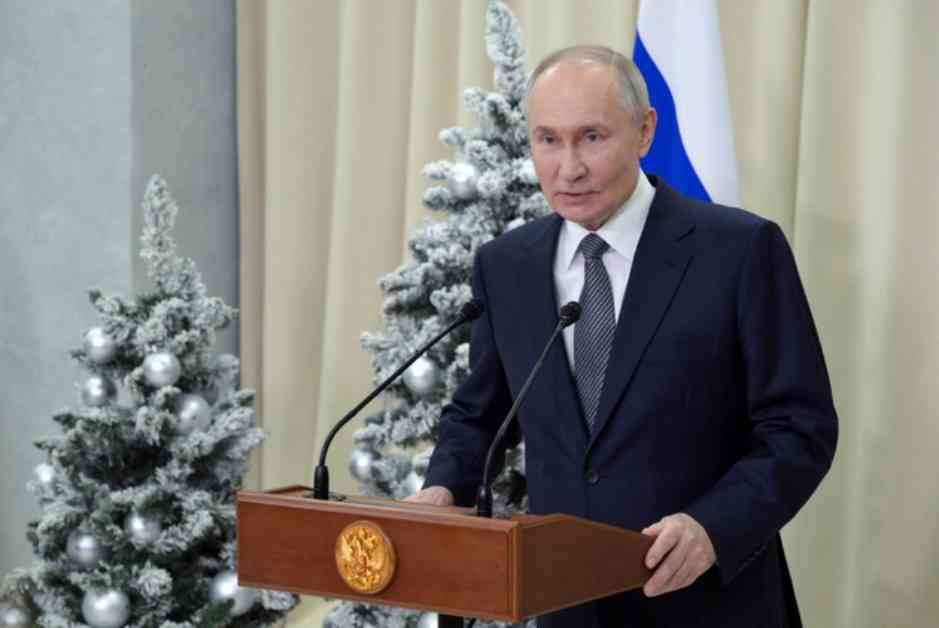Decree Signed by Putin Defines ‘Russophobia’ and Outlines Strategy
Russian President Vladimir Putin has signed a decree on a new “Strategy for countering extremism in the Russian Federation,” as reported by Radio Liberty. This groundbreaking decree introduces the concept of Russophobia for the first time, defining it as an “unfriendly, prejudiced, hostile attitude toward the citizens of Russia, the Russian language, and culture.” Discriminatory actions by authorities of states deemed unfriendly to Russia are also considered Russophobia.
The updated strategy highlights the use of extremism by certain states for hybrid wars and interference in the internal affairs of other countries. Among the sources of extremism identified is Ukraine, which Russian authorities accuse of supporting “radical neo-Nazi formations” that pose a threat to Russia. The document underscores that the so-called “Ukrainian crisis” (as termed by Russians and Chinese in reference to Moscow’s conflict with Ukraine) is utilized as a tool to fuel Russophobic sentiments and wage a hybrid war against Russia. A key objective outlined in the strategy is the elimination of threats originating from Ukrainian territory.
Additionally, the decree addresses uncoordinated protest actions that escalate into mass riots, illegal activities by migrants, and the destabilizing influence of international non-governmental organizations. The strategy includes measures to monitor individuals traveling abroad to engage in extremist activities or receive training in educational centers of states deemed unfriendly, with activities displaying signs of extremism.
Criteria for identifying “educational centers of unfriendly states” are not explicitly outlined in the document. However, it is presumed to include Western universities, where many of Russia’s elite politicians and oligarchs enroll their children.
### The Human Touch: A Personal Reflection
As a journalist covering global affairs, I have witnessed firsthand the impact of political tensions on individuals and communities. The introduction of the concept of Russophobia in Russia’s anti-extremism strategy raises questions about the implications for freedom of expression and international relations. How will this decree shape diplomatic relationships and the treatment of dissenting voices within and beyond Russia’s borders?
In a world increasingly interconnected by technology and trade, understanding the complexities of geopolitical dynamics is crucial for fostering dialogue and cooperation. As we navigate the implications of this decree, let us reflect on the importance of upholding human rights, promoting diversity, and embracing diversity of perspectives in our global community. Only through open communication and mutual respect can we build a more peaceful and inclusive world for all.
### Expert Insights on Extremism and International Relations
To gain further insight into the implications of Putin’s decree and the broader context of extremism in international relations, we reached out to Dr. Anna Petrov, a political analyst specializing in Eastern European affairs. Dr. Petrov emphasized the need for nuanced approaches to countering extremism while upholding fundamental rights and freedoms. She highlighted the importance of engaging in constructive dialogue and multilateral cooperation to address the root causes of extremism and foster sustainable peace.

















